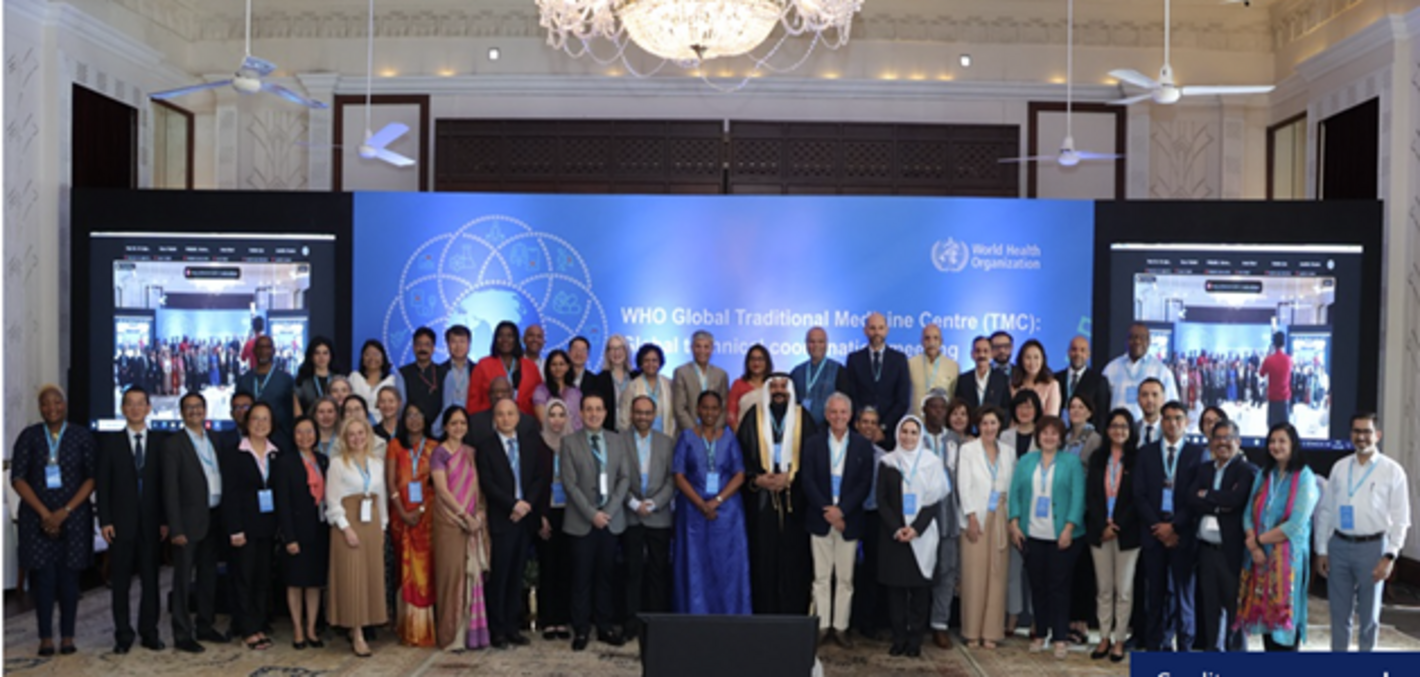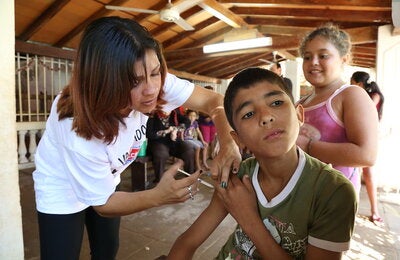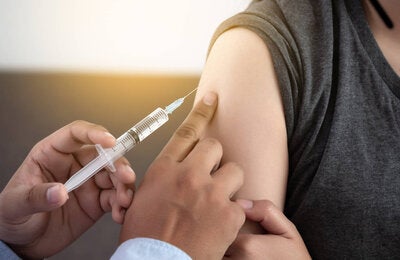
Washington, DC, 26 March 2024- The WHO held a Global Technical Coordination Meeting on Traditional Medicine, March 19-21, in New Delhi, India, with the participation of 50 external experts and WHO staff across the six WHO regions. The meeting, hosted by the new WHO Global Traditional Medicine Centre (GTMC), focused on defining priority actions for implementing the Gujarat Declaration of the first WHO Global Traditional Medicine Summit in 2023.
Key workstreams addressed during the meeting to further the GTMC 2024-2025 workplan included research and evidence, policy perspectives, clinical data networks and ICD-11, knowledge exchange on Biodiversity and Indigenous Knowledges, as well as digital health and its applications on Traditional Medicine.
Participants were briefed on the ongoing development of the third edition of the WHO Traditional Medicine Strategy (2025-2034), as well as on the status of a series of WHO-commissioned research projects to map available scientific evidence on Traditional, Complementary, and Integrative Medicine (TCIM), related research methods, as well as a global policy landscape analysis. The status of ongoing work on TCIM workforce, digital health, and artificial intelligence, was presented.
The development of an evidence-based global TCIM repository was discussed as a cross-cutting deliverable during the meeting, with the aim of establishing a global public health good that could assist health care practitioners, policy makers, students, and the general public, on providing balanced and quality information on the role and contributions of TCIM to Universal Health Coverage and Primary Health Care in addressing populations’ health needs. The proposed repository has been inspired on the work that the Americas Region has done in developing a Virtual Health Library on TCIM, articulated by PAHO’s Latin American and Caribbean Center on Health Sciences Information (BIREME), and made possible through the collaborative work of the TCIM Americas Network.
Best practices on TCIM research and clinical data networks from the Americas Region were presented. The US Veterans Health Administration’s Office of Patient Centered Care & Cultural Transformation Executive Director, Dr. Benjamin Kligler, presented the main characteristics, data infrastructure, and clinical outcomes of their Whole Health model. Kathryn Hansen, Medical Director, Osher Center for Integrative Medicine, Vanderbilt University Medical Center, presented the BraveNet experience, a Practice Based Research Network on TCIM articulated by a group of Academic Consortium for Integrative Medicine & Health member institutions. Professor Nicole Redvers, Research Chair and Director of Indigenous Planetary Health at Western University presented remarks on the importance of protecting Indigenous Peoples and their knowledge for achieving planetary health, sustainability, and leveraging Traditional Indigenous Medicines. Prof. Nadine Ijaz, Director of the TCIM Lab at Carleton University presented the status of a TCIM Research Methods mapping project commissioned by the WHO.
The event was followed by a WHO internal coordination meeting in the GTMC office in Jamnagar, India, where Dr. Jonás Gonseth-García, Advisor on Quality in Health Systems and Services and Regional TCIM Focal Point; João Paulo Souza, BIREME Director, and Veronica Abdala, BIREME´s manager for Information Services would discuss the next steps on the regional engagement of this global agenda.



